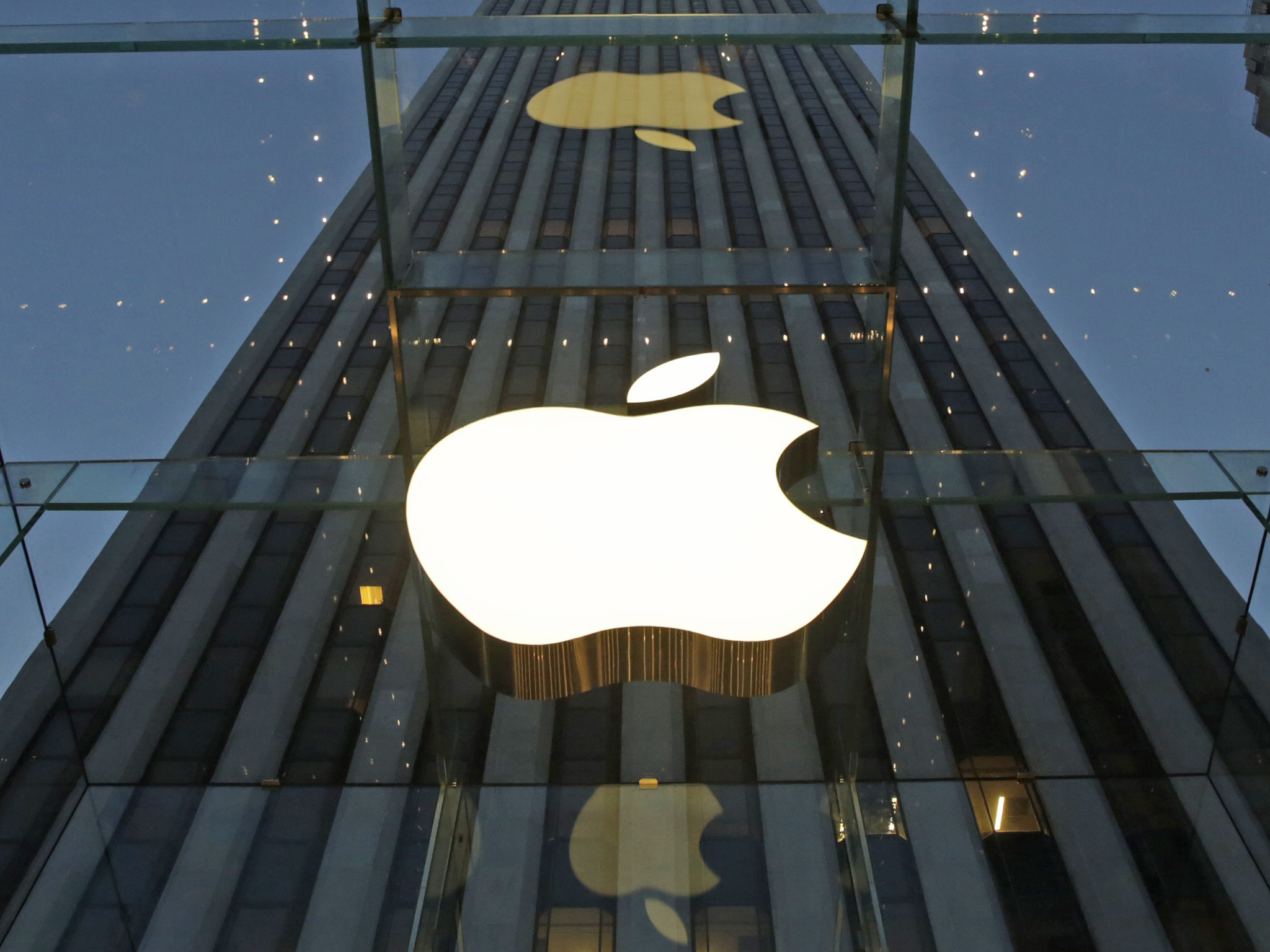Apple announced a significant security upgrade to its existing encryption – PQ3 protocol – ensuring users a safer communication with quantum resistance.
Apple iMessage Adds Quantum Resistance
The Cupertino giant Apple has now planned to enhance its existing encryption. As announced, Apple now brings PQ3 protocol to its iMessage app, bringing quantum resistance to its encryption standards.
Before this move, Apple provided end-to-end encryption with its iMessage communications app. However, as quantum computing gains traction, the potential risk of breaking the existing encryption protocols also rises. Consequently, more and more firms, particularly those focused on online privacy and security, have started strengthening their products’ existing encryption. In 2023, the privacy-focused app Signal also introduced quantum resistance to its app’s E2E encryption.
But, according to Apple, Signal’s encryption currently exhibits a level 2 post-quantum encryption that focuses on post-quantum cryptography (PQC) key establishment. That means, at this level, the quantum resistance applies to securing communications only by generating resistant initial keys. However, if an adversary successfully breaks the key, there would be no further protection to secure the data.
That’s where Apple has improvised the approach by adopting PQ3 – a level 3 standard that not only generates secure keys initially but also regenerates resistant keys to prevent continued data exposure even if a previous encryption key gets compromised.
Apple explained that PQ3 employs a hybrid of ECC (Elliptic Curve Cryptography) and post-quantum resistance. Apple uses Kyber post-quantum public keys for quantum resistance, which swiftly generate quantum-resistant encryption keys right from the beginning of a conversation, even when the receiver is offline. Next, the PQ3 protocol exhibits self-healing capability that prevents damage following a key compromise.
The tech giant has shared further details about the new encryption in its post. Apple will roll out PQ3 with iOS 17.4, iPadOS 17.4, macOS 14.4, and watchOS 10.4 public release, gradually replacing the existing protocol within all supported conversations.
Let us know your thoughts in the comments.

